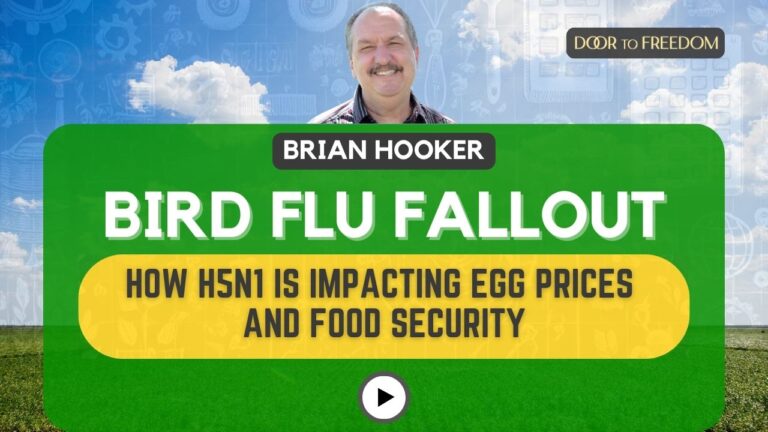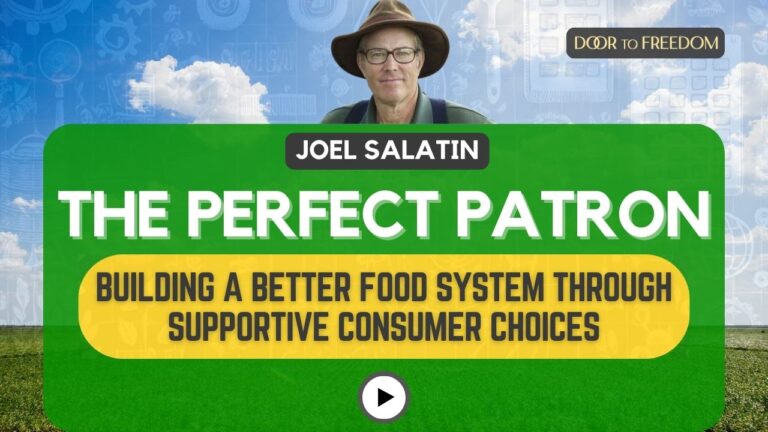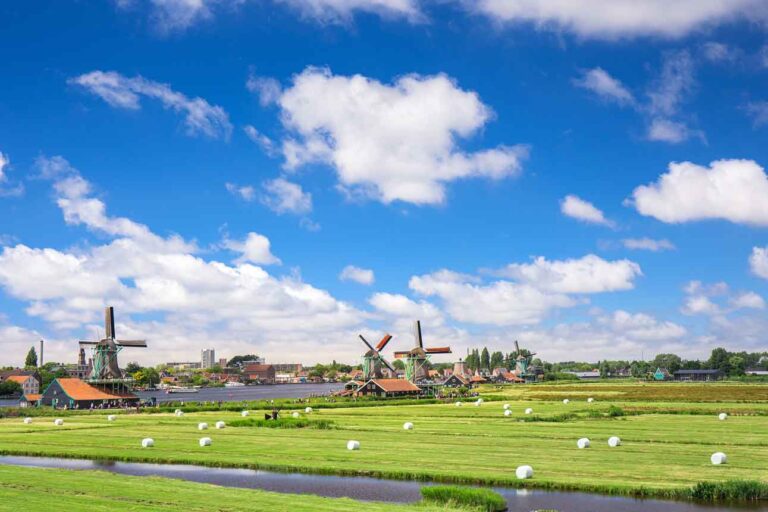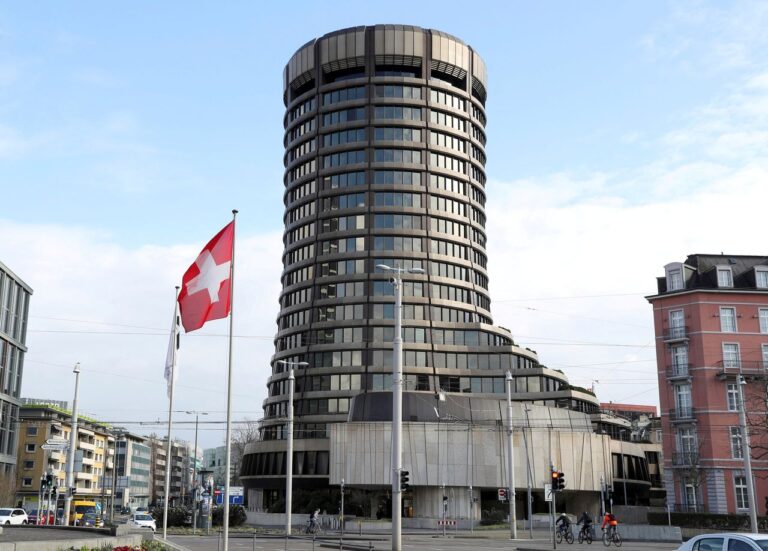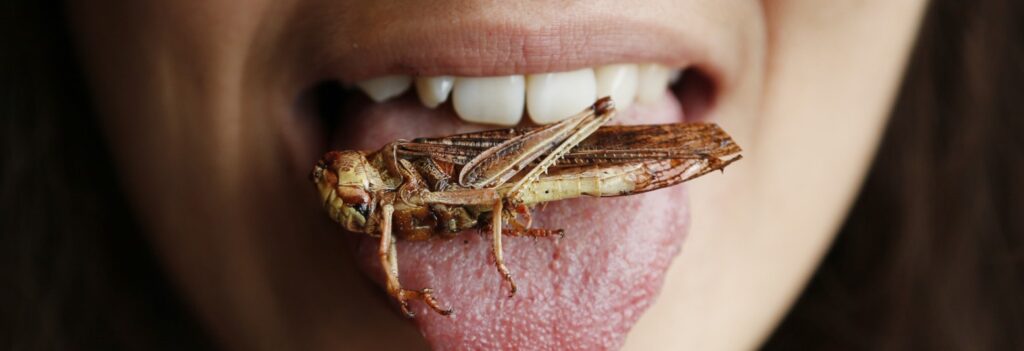
“Future Food” – No Thanks!
Lisa Renberg
We are living in a world with heavily toxic, processed, chemically treated, and genetically modified food. The world's population is becoming increasingly overweight and unhealthy as traditional diets, based on fresh produce from local farmers, are being replaced by food from industrial farms processed by the "big food" industry. Fewer people today are growing their own food and reaping the benefits of being outside, working the soil, breathing fresh air, and consuming their own produce. Instead, we have surrendered our food sovereignty to a small number of big food corporations.
As Robert F. Kennedy, Jr. stated on July 21, “One out of every 3 children that walks into the Pediatrician is diabetic or pre-diabetic, and nobody is talking about why this is happening…. The biggest cost to our nation is the cost of treating chronic disease, $4.3 trillion dollar annually — five times the price of our military budget.” 1
But if you thought our food today couldn’t get any worse, you were wrong. The "sustainable" food that is being pushed by the same people and organizations who pushed the covid 19 injections and lockdowns is completely new, uses exotic materials, and no long-term studies of the proposed new diets have been done.
To give you one example, the Bezos Earth Fund committed $1 billion to "help transform food and agriculture systems to support healthy lives without degrading the planet."2 They claim that “by 2050 the world needs to be able to produce enough food to feed 10 billion people" and assume that we need new food inventions to do so, even though the UN's median estimate is that population will rise to 9.1 million and then drop, and there is no evidence we will run short of traditional foods.

https://www.eea.europa.eu/data-and-maps/figures/world-population-projections-iiasa-probabilistic
The Bezos Earth Fund is providing the funding as part of a $100 million commitment to develop sustainable protein alternatives. It’s one of multiple Earth Fund centers working with other institutions and industry partners to develop and commercialize new alternative protein products to give consumers more "choice" for ersatz (fake) meat and dairy products. New technologies are making new kinds of protein, including through microbial fermentation, which can produce proteins and nutrients that can be used to formulate new foods, and growing meat from animal cells in labs.
In addition to the Bezos Earth Fund, the WHO, UN, WEF, Bill and Melinda Gates Foundation, etc., are all funding and providing business opportunities for companies to research alternative proteins and develop new food technologies.
These new technologies are now being used by companies like Beyond Meat (lab- engineered), Bored Cow (synthetic biology and ‘precision fermentation’) and Perfect Day (lab-grown dairy products).
You can find all of them in a store near you.
Perfect Day’s syn-bio, animal-free dairy proteins are used in Betterland Foods' chocolate bar, which is promoted as the “first chocolate bar to market in the animal-free candy category,” “guilt free” and a “game-changing” product. All their products are co-branded with Perfect Day.
The food conglomerate Mars also partnered with Perfect Day to introduce its own chocolate bar, branded as CO2COA. The chocolate bar also featured the latter’s syn-bio animal-free dairy proteins as an ingredient. Mars leaned into the “better-for-the-planet” narrative and the chocolate bar was touted as being “earth-friendly” and sustainable. In addition, the cocoa was Rainforest Alliance certified, and the CO2COA was a nod to reducing CO2. The bar was co-branded with Perfect Day.
Bored Cow is using Perfect Day’s syn-bio dairy products. Bored Cow is being promoted as “packed with sustainable protein.”
HRI Lab testing revealed unknown molecules and fungicides in Bored Cow dairy alternative products; findings dispute claims that synthetic biology-produced dairy protein is identical to real dairy protein. A laboratory recently discovered 92 unknown compounds in an alternative dairy product produced using a “precision fermentation” process that involves the use of genetic engineering. The problem is that bacterial fermentation produces multiple products, not just a single desired molecule, and it is essentially impossible to produce a pure product for a price at which food can be sold.
The chief science officer at HRI, John Fagan, claims the 92 small molecules in the product are previously unknown to science: “They’re completely novel to our food,” he says. “They are things that we haven’t consumed before as human beings.” 3

Are insects seriously the food of the future?
The Bill and Melinda Gates Foundation have funded an insect food company called All Things Bugs, LLC beginning in 2012. Its mission was to develop a method for the efficient production of nutritionally dense food using insect species. Dr Aaron T. Dossey, founder and owner of All Things Bugs has received over $5 million in research grant funding from the Gates Foundation along with funding from federal and state agencies (USDA, DARPA and OCAST). All Things Bugs says: "The future of food and agriculture is here."
The company began utilizing cutting edge genetic engineering technologies (such as CRISPR/Cas9) to develop crickets and mealworms that are more nutritious and robust as a crop than those in nature. They also plan to engineer farm-raised insects to produce important and valuable substances such as vaccines, pharmaceuticals, color pigments, antibodies, and other such bioproducts.4 This is already being done by many other companies. For example, the FluBlok seasonal flu vaccine antigens are made in fall armyworm cells infected by a genetically engineered baculovirus.
Another example of governments supporting this industry is the Canadian government, which invested $8.5 million in insect production. The investment went to Aspire, an insect "agriculture" company, to build a new production facility in Canada. “The strength of Canadian agriculture has always been its openness to new ideas and new approaches,” said Peter Fragiskatos, parliamentary secretary to the Minister of National Revenue and a member of Parliament. “Aspire is helping to re-shape how we think about agriculture and opening the door to new product and market opportunities.” 5
The business opportunity for companies to invest in the alternative protein and insect industry is expected to be huge. By 2027 the insect protein market is expected to scale up to $1.3 billion USD/year 6 and the alternative-protein market to reach at least $290 billion by 2035. 7
Insect Parasites Pathogenic to Humans
According to a peer-reviewed study published in PLoS One, parasitic developmental forms were detected. From a sample of live insects from 300 household farms and pet stores, parasites were detected in 244 (81%) of 300 examined insect farms. In 106 (35%) cases the parasites found were potentially harmful for animals and in 91 (30%) cases, parasites were potentially pathogenic for humans. 8
Other studies show that chitin, a component of the exoskeleton of insects, can lead to severe allergic reactions in humans. 9
"Syn-bio" or "Sin for the bin"?

Synthetic Biology (Syn-bio) technology promises to be “planet-friendly, low-input, low carbon, methane-free, heart-healthy, high fiber, plant-based” and uses a technology that can create everything from artificial honey to artificial lobster, cheese, milk, chicken and beef from "plant-based" inputs.
The most recognizable syn-bio food is the “Impossible Burger,” known for its apparent similarity to the real thing. Its ingredients are GMO corn and soy, wheat, potatoes and coconut. What the ingredients don’t tell you is the actual process by which the real beef texture and taste is created. The secret ingredient is a genetically-engineered yeast that produces a heme-like protein known as soyleghemoglobin.
The strategy enabling the claim that the Impossible Burger was perfectly safe and very healthy was to have the FDA declare soyleghemoglobin as GRAS (Generally Recognized As Safe). This desination means FDA approves the product with very little or no testing. It took a few back-and-forth applications to the FDA, but after a simple genotoxicity test and a 28-day animal feeding study, the FDA was convinced that this synthetic “pigment” was the same as heme and was completely benign.
The physicians and scientists at GMOScience have now voiced concerns about the safety of the Impossible Burger because the same rat feeding study that got Impossible Food’s burger its GRAS status also showed that the rats fed soyleghemoglobin developed “unexplained weight gain, changes in blood markers that can indicate inflammation or kidney disease, and possible signs of anemia.” 10
As mentioned earlier, Jeff Bezos and the Bezos Earth Fund committed $1 billion to the project named the “Future of Food.” To meet (arbitrary) climate goals it is said the project must vastly accelerate the quest to produce alternative protein products. So the Fund teamed up with the Good Food Institute and used $60 million to establish the Bezos Centers for Sustainable Protein.
Together with a center established at Imperial College in London involving 6 academic departments, the project will research precise fermentation and cultivated meat, using bioprocessing and automation, AI and machine learning. The focus will be on bioengineering. 11
But this is just the tip of the iceberg. The US military, DARPA (Defense Advanced Research Projects Agency) is also researching how to make food from waste-products12, plastics13 and from thin air14. It seems that nothing is too outlandish, dangerous, or degrading to turn into food. That is why we all must become food detectives, choosing what we eat carefully, since the system is not there to protect us. Questionable foods are already being discussed for use by the military and in school lunches, two captive audiences. Being young, children and soldiers may be more susceptible to persuasion that the new foods are saving the planet.
Singapore (with a GDP higher than the US) just approved 16 different insects as food products.15 A Singaporean restaurant chain called House of Seafood is already gearing up to serve 30 insect-based dishes, the Straits Times reports, including sushi garnished with silkworms and crickets, salted egg crab with superworms, and “Minty Meatball Mayhem”: meatballs topped with worms. Grasshoppers, superworms, mealworms, house crickets and the greater wax moth are examples of the new approved insects.16
Banning lab-grown meat and insects
To end with some good news, both Florida and Alabama have banned lab-grown meat. So has Italy. Governor Kay Ivey of Alabama signed a bill prohibiting “the manufacture, sale or distribution of food products made from cultured animal cells.”17
Governor Ron DeSantis signed SB 1084 to prohibit the sale of lab-grown meat and insects in the state of Florida. “Today Florida is fighting back against the global elite’s plan to force the world to eat meat grown in a petri dish or bugs to achieve their authoritarian goals,” said Governor DeSantis. “Our administration will continue to focus on investing in our local farmers and ranchers, and we will save our beef.”18
Will the rest of us succeed in saving our beef, and retaining our ability to choose our own foods? It's up to us.
Sincerely,
The Team at Door to Freedom
References
1. https://www.youtube.com/watch?v=LXrysxb8_m4
2. https://www.bezosearthfund.org/our-programs/future-of-food
3. https://non-gmoreport.com/not-so-precise-fermentation-lab-finds-92-unknown-compounds-in-synthetic-biology-milk/
4. https://allthingsbugs.com/our-story/
5. https://www.petfoodprocessing.net/articles/15939-canadian-government-invests-85-million-in-insect-production
6. https://globalpetindustry.com/article/bunge-invests-insect-firm-nutrition-technologies
7. https://www.bcg.com/press/23march2021-alternative-protein-market-reach-290-billion-by-2035
8. https://www.ncbi.nlm.nih.gov/pmc/articles/PMC6613697/
9. https://www.cell.com/immunity/pdf/S1074-7613(14)00071-5.pdf
10. https://www.environmentalhealthsymposium.com/blog/synthetic-biology-the-future-of-food
11. https://www.imperial.ac.uk/news/254353/bezos-centre-sustainable-protein-launches-imperial/
12. https://www.darpa.mil/news-events/2021-11-29
13. https://www.vice.com/en/article/v7vpxm/scientists-and-the-military-want-us-to-eat-food-made-from-plastic
14. https://energyinstitute.jhu.edu/mission-from-darpa-create-food-from-thin-air/
15. https://www.scmp.com/news/asia/southeast-asia/article/3269657/singapore-approves-16-insect-species-food-including-grasshoppers-silkworms-crickets
16. https://www.straitstimes.com/singapore/sfa-approves-16-insect-species-for-food-companies-gear-up-to-offer-new-dishes-and-products
17. https://legiscan.com/AL/text/SB23/2024
18. https://www.flgov.com/2024/05/01/governor-desantis-signs-legislation-to-keep-lab-grown-meat-out-of-florida/



